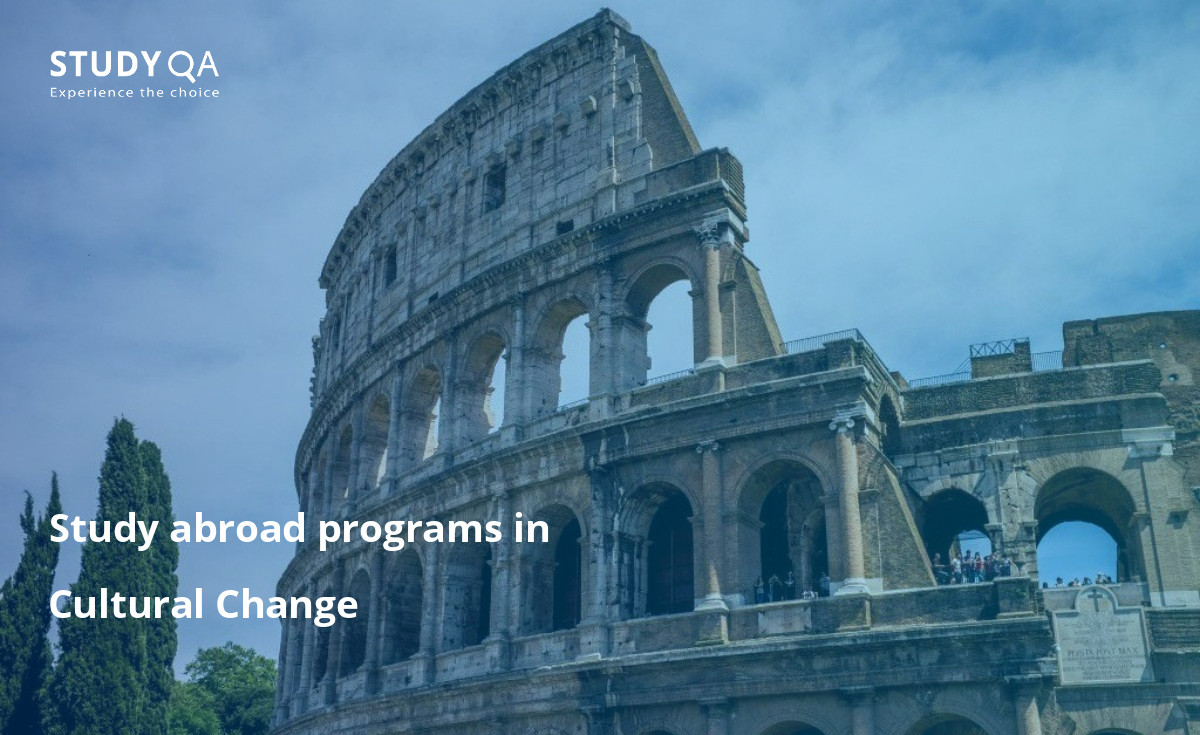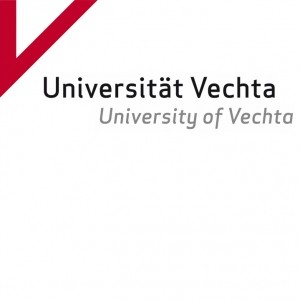During the last century and a half, the world has changed more dramatically than ever before. Since the Second World War, especially, the world has s...
During the last century and a half, the world has changed more dramatically than ever before. Since the Second World War, especially, the world has seen enormous economic growth, but the spoils have been unevenly distributed, and the negative consequences of this unparalleled growth have become increasingly clear. Now, in the early 21st century, the world faces three interlocking crises — of economy, identity, and environment — which all emanate from our failure to achieve genuine sustainability.
The programme explores the complex interplay between different scales and localities, the role of different actors, as well as the relation between research and policy, within the sustainable development agenda.

Program Overview
The Culture Change programs give participants the tools to plan and execute large-scale transformation initiatives and the confidence to communicate with employees in times of change. They learn how to manage complex communication needs for a diverse, global, and distributed workforce. The study programs aim at the interdisciplinary directed transmission of theoretical and practical knowledge, thereby qualifying its graduates to understand the complex conditions, patterns, processes, and representations of social and cultural change in globalizing societies.
What are the learning levels of this program?
The Degree Program provides basic knowledge related to the history and culture of the ancient and medieval world, art history, archaeology, the techniques underlying the organization of artistic productions and performances,s and audio-visual arts. It also provides fundamental knowledge on methodological issues and on the main research and analysis tools in these cultural fields, the legislation of cultural heritage, and the management and organization of cultural events.
The academic subjects of the interdisciplinary Masters programme are concerned with the study of cultural processes and change in all areas of history, society and culture. The research-oriented Masters programme is based on an integrative concept of culture which is understood as the totality of all human activities with a material, symbolic and social dimension. It conceives of cultural change as a result of human perception, thinking and practice which is represented in language, history, society, science, art and religion.
Learning outcomes
In Cultural Change you will explain the interconnectedness of individual, cultural and social change by looking at historical examples. Based on this, you will analyse current areas of social and cultural transformation and reflect about the difficulties of making sense of transformations while they are happening. Moreover, you will examine the interactive relationship between organisational and societal change.
This specialization will also focus on the role of performance and performativity in cultural change. You will apply and study performance and performativity in political, economic, and organizational contexts from different perspectives. Furthermore, you will analyse the contribution of intermediaries on the meso-level for the transmission and dissemination of change on the micro-level to the macro-level and vice versa.
After completion of the programme, students can:
Think and act critically and creatively in the field of sustainable development.
See behind and beyond contemporary initiatives framed as related to sustainability, and identify their contradictions, limits and potentials.
Appreciate, value and foster cross-cultural and cross-disciplinary learning and collaboration.
Contribute to new thinking, narratives, and other innovative initiatives to promote sustainable development.
Show concern for the individual, collective and differential responsibilities in seeking pathways to sustainability.



